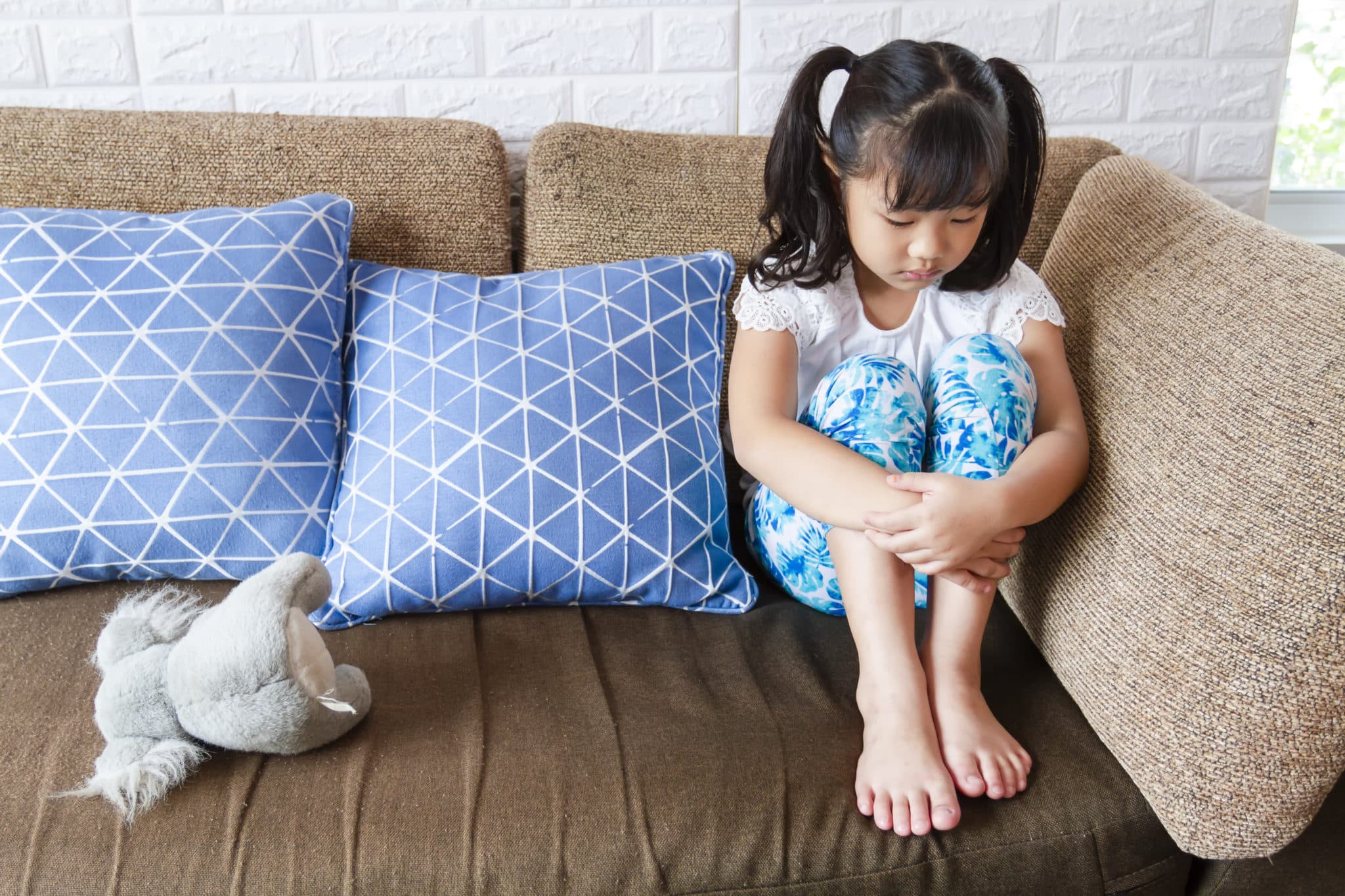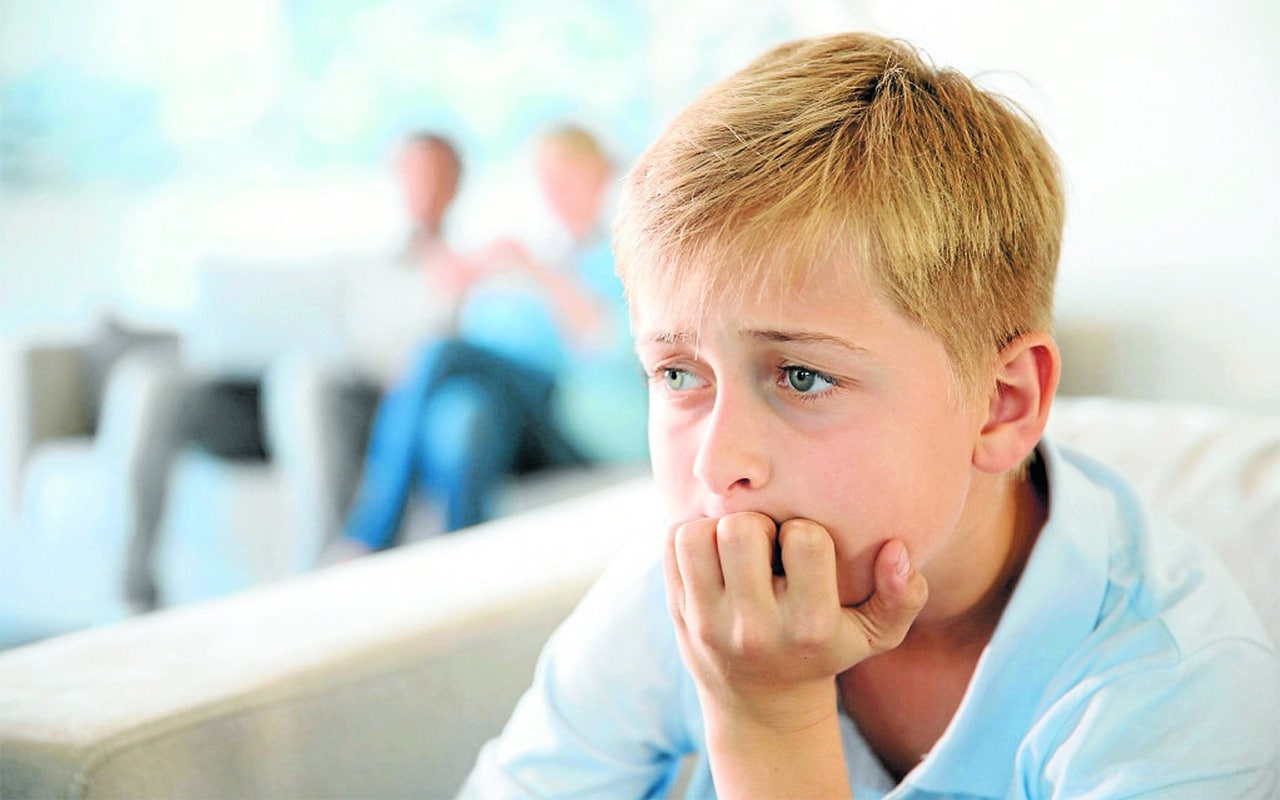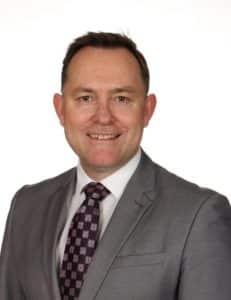It may take a village to raise a child, but it will take a country to end the rising rates of student anxiety. That’s the message of Australian Catholic Primary Principals Association president, Brad Gaynor.

The comments come following a troubling report on the impact of childhood anxiety on schooling.
“It’s not an issue that any one part of society will be able to tackle,” said Mr Gaynor. “Schools can’t do it all, a whole community effort is needed.”
“Schools can’t do it all, a whole community effort is needed.”
Mr Gaynor, principal at Holy Spirit Primary School in the ACT, says the rise in student anxiety is in part due to increased pressures of life for both parents and students.
“Parents are busy. Life is busy. The routine of life has changed, parents work more, families aren’t always sitting down for dinner together anymore,” said the ACPPA president. “It’s the constant rush of life, not poor parenting. Society has changed.”
Malcom Elliott, president of the Australian Primary Principals Association shared the same attitude.
“We want to be very clear that no blame is being apportioned on parents,” said Mr Elliott. “Anxiety rates are at record levels. It is the most common mental health issue in the nation.
“Anxiety rates are at record levels. It is the most common mental health issue in the nation.”
“No surprise that it is impacting children.”
The report found that children with anxiety had difficulty socialising with other kids, they struggled academically, and some refused to even go to school.
So, what’s causing it all?
“Every child and every case is different. There are some common symptoms, but the route of the problem is different in each situation,” said Mr Gaynor.
“Some are the results of trauma, fears and phobias. There’s a lot happening in the world at the moment and children are exposed to all of it.”

Psychologist and child behaviour expert Michael Hawton agrees.
“Is it appropriate to be talking to five-year olds about dead fauna from recent bushfires as part of a classroom event?”
“There is a collapsing of some kind of hierarchy and it is not just parents,” said Mr. Hawton. “Kids are exposed to too much constantly and they can’t solve it. It makes them afraid.”
The answer, Mr Gaynor believes, is a combined community effort involving parents, teachers, the school community and governments, and a concerted effort to prepare new teachers who will face the issue.
“Parents, schools and governments can’t solve the issue alone,” said Mr Gaynor. “There needs to be more awareness in schools, teachers at Uni need to have more time learning about these issues.
“The government has a growing awareness of the problems; they’re learning more, and they need to continue to support community groups and programs.”
The possibility of a child suffering from anxiety can be a horrible thought for parents, but there are ways you can help your child from home.
“Parents may not understand anxiety,” said Mr Gaynor. “There are resources out there, there is so much readily available online, we just need to help them know where to go or who to speak to.”
“There are resources out there, there is so much readily available online, we just need to help them know where to go or who to speak to.”
“At Holy Spirit Primary School, we have a government run chaplaincy program two days a week, someone who can touch base with the kids and who knows what they’re going through.
“We have a therapy dog who comes in and does a walk through the classrooms.
“I was a sceptic at first, but it’s been very successful. If we have a child we know is struggling, we can bring the dog to them and you can see them start to calm down.”

The problem is definitely not one that society can expect teachers and schools to handle alone. It will take a combined, long term effort, but with steps in the right direction, principals like Mr Gaynor are optimistic about the fate of Australia’s schools.
“Anxiety is not an excuse for bad behaviour, but it is often a reason for bad behaviour. Listen to your child, know what anxiety is and develop an understanding of the problem.
“Work with the school and with support groups and you can really help the child.”
